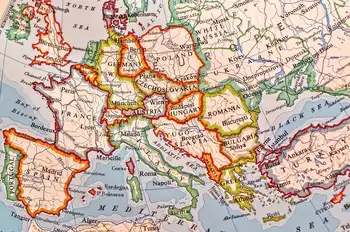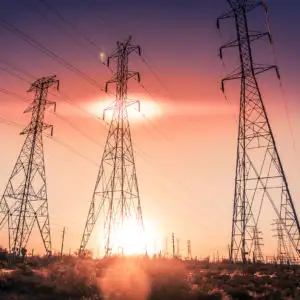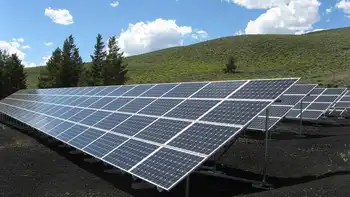Rail line into Montana coal country approved
The Tongue River Railroad was first proposed in 1983. Permits from state and federal agencies are still needed, and rights of way through private and public property must be secured before the line could be built. Also, an unresolved 1998 federal lawsuit could further delay construction.
But a railroad attorney said the federal go-ahead was crucial and will allow the Tongue River Railroad Co. to start lining up a customer base that can deliver a steady supply of coal. That could include the state of Montana, which has a roughly 40 percent stake in a 1.4 billion-ton coal tract located off the proposed line in an area known as Otter Creek.
About 40 percent of the nation's coal is mined from the Powder River Basin, but most of that comes out of Wyoming. Montana last year produced about 40 million tons of coal - less than 4 percent of the nation's total.
The new rail line could boost Montana coal production by some 12 million tons annually over the next decade, according to testimony presented by Tongue River Railroad to the Surface Transportation Board. The coal would be destined for midwestern power plants.
To make the project economically viable, the railroad projects hauling 12 to 16 million tons of Wyoming coal annually. The new line could offer a shortcut for coal cars coming out of Wyoming along the Burlington Northern Santa Fe railroad, trimming 320 miles off the route now used by BNSF.
Related News

Electricity Prices Surge to Record as Europe Struggles to Keep Lights on
LONDON - Electricity prices surged to a fresh record as France scrambled to keep its lights on, sucking up supplies from the rest of Europe.
France, usually an exporter of power, is boosting electricity imports and even burning fuel oil. The crunch comes after Electricite de France SA said it would halt four reactors accounting for 10% of the nation’s nuclear capacity, straining power grids already facing cold weather. Six oil-fired units were turned on in France on Tuesday morning, according to a filing with Entsoe.
“It’s illustrating how severe it is when they’re actually starting to burn fuel oil and importing…





